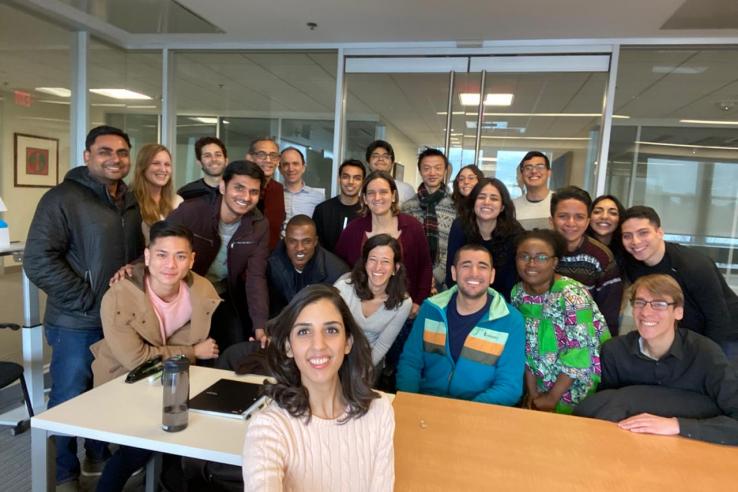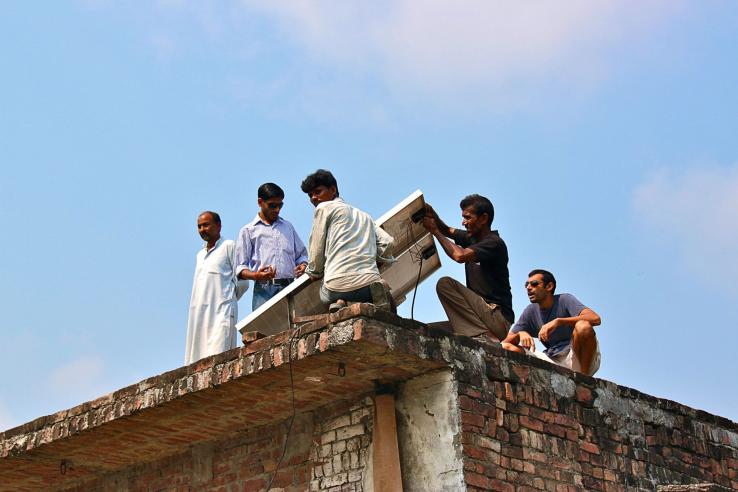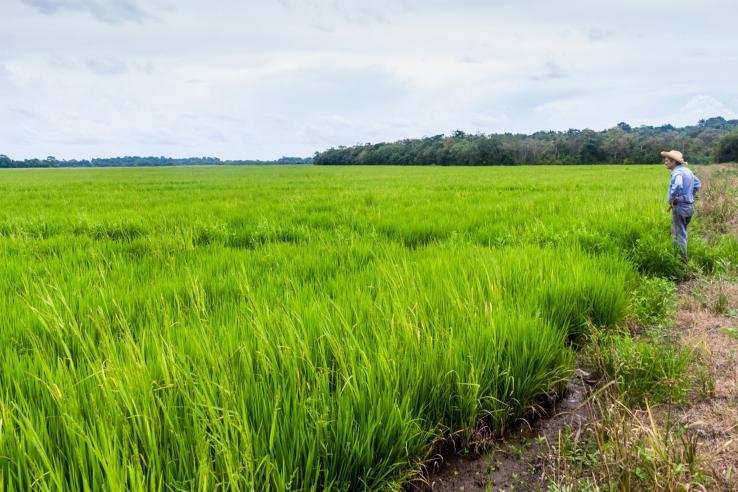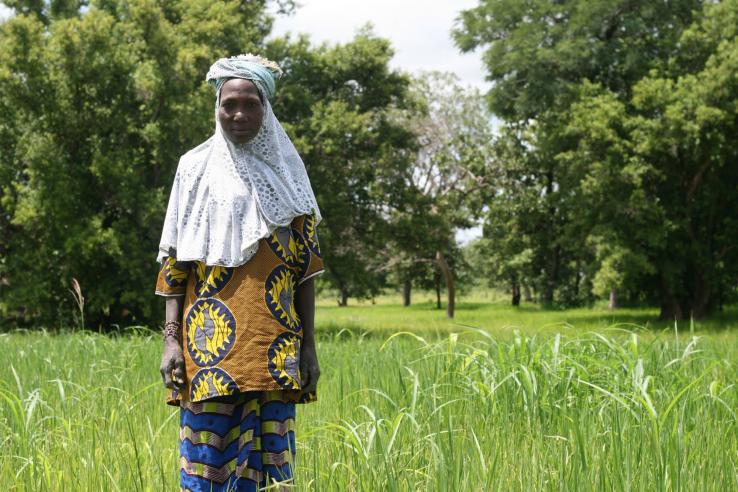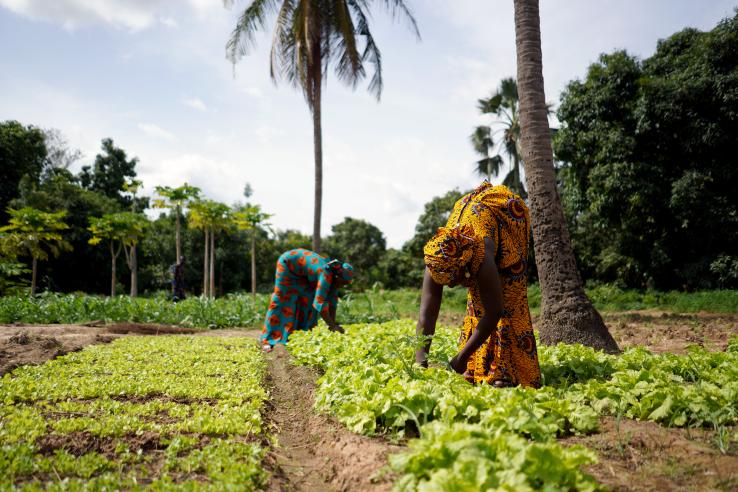Displaying 2026 - 2040 of 8331
Evaluation
Researchers partnered with Aid to Artisans (ATA), a US-based nonprofit, and Hamis Carpets, an Egypt-based distributor, to provide small-scale rug manufacturers the opportunity to export to high-income countries. Offering small firms the opportunity to export rugs to high-income markets increased firm profits through improvements in firm’s technical knowledge, efficiency, and product quality.
Evaluation
Researchers conducted a randomized evaluation to assess the role of employer behavior in generating "negative duration dependence"—the adverse effect of longer unemployment spells—by sending fictitious resumes to real job postings in 100 U.S. cities. Callback rates declined sharply over the first eight months of unemployment, especially in tighter labor markets. The findings are most relevant to young, inexperienced job seekers and may not generalize to older workers.
Evaluation
Researchers examined the impact of a voluntary summer reading program among low-income Latinx children from language minority homes. Results demonstrated that, although children reported reading more books, their reading test scores and the frequency with which they read with parents did not improve.
Blog
In January 2020, 22 students from across the world joined us on MIT’s campus as the first cohort in the master’s program in Data, Economics, and Development Policy (DEDP). Developed by MIT’s Department of Economics and J-PAL, the program represents a new approach to higher education by combining...
Evaluation
Kindergarten education is vital for a child’s success in primary school and later in life. However, kindergarten enrollment rates of children from ethnic minorities remain low. Researchers measured the impact of providing incentives and information about the importance of early education on the kindergarten participation rates and learning of disadvantaged Roma children in Bulgaria. The program had mixed effects on kindergarten enrollment and learning.
Person
José Ignacio joined J-PAL in 2010 and holds a Masters degree in Economics from Catholic University of Chile. He is currently working on three randomized policy evaluations.
Evaluation
To evaluate the demand for solar electricity, researchers randomly offered solar microgrid connections at different prices to households in rural areas of Bihar, India. Demand for microgrids was highly variable and low when they were offered at market price, likely because there were several other sources of electricity providing similar services.
Evaluation
Researchers partnered with the Government of Paraguay to measure the impact of a new monitoring technology—GPS-enabled cell phones—on the job performance of agricultural extension agents (AEAs). Overall, cell phones improved AEAs’ performance by increasing the share of farmers visited, and researchers found that supervisors possessed useful information regarding which AEA’s performance would improve the most from phone-based monitoring.
Evaluation
Researchers randomly provided free fertilizer to women rice farmers in southern Mali to measure how farmers chose to use the fertilizer, what changes they made to their agricultural practices, and the profitability of these changes. The fertilizer grants led to increased fertilizer use, use of complementary inputs such as herbicides and hired labor, and yields, yet did not lead to substantial increase in profit.
Evaluation
In an ongoing study, researchers are aiming to identify product features that increase demand for commitment savings accounts and evaluate the effect of the accounts on farm investments and yields.



